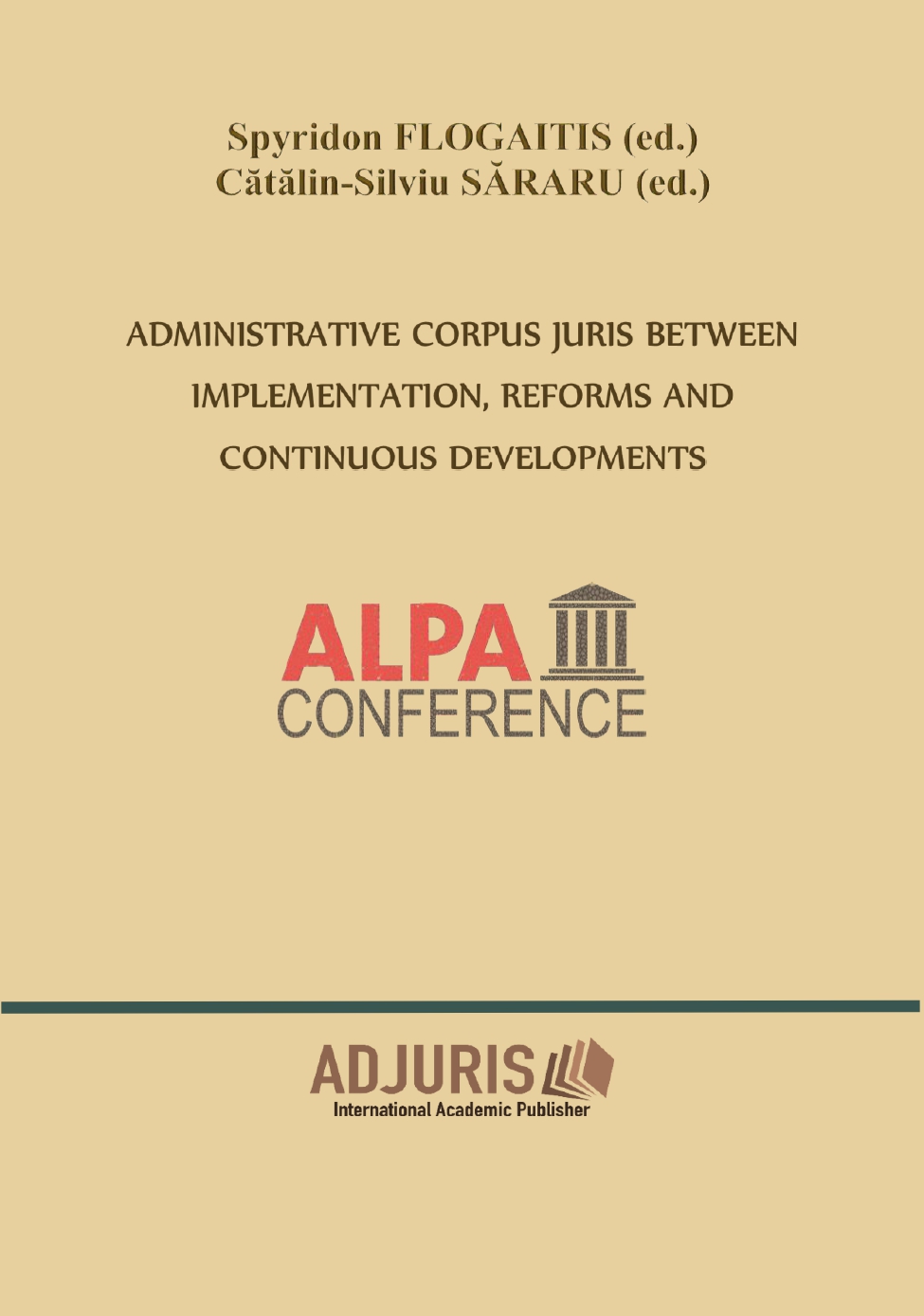Power and inclusion of students in their own postgraduate learning journeys
Power and inclusion of students in their own postgraduate learning journeys
Author(s): Jean Chrysostome Kanamugire
Subject(s): Social Sciences, Education, Law, Constitution, Jurisprudence, Human Rights and Humanitarian Law, Higher Education
Published by: Societatea de Stiinte Juridice si Administrative
Keywords: postgraduate students; supervisors; supervision; independent researchers; inclusion; diversity; memorandum of understanding;
Summary/Abstract: Supervisors have a duty to develop students into independent researchers. Types of supervision include one-on-one supervision, co-supervision, and group supervision. Postgraduate students pass through different stages to acquire their appropriate degrees. They include proposal stage, data collection, progression to masters or PhD, and completion. Supervisors have to internalise the needs of postgraduate students and facilitate research in their areas of specialisation. They assist students to realise their potentials. They can influence and motivate students to complete their postgraduate studies. Super- visors need to understand and accommodate the diversity of students. They have to include all students in all the scholarship activities and ensure they respond to the needs of each specific student. Students should be responsible for their postgraduate studies. At the same time, supervisors have to provide feedback on the works of the students within a reasonable time. A Memorandum of Understanding is crucial to manage and maintain the good relationship between a student and a supervisor. The throughput rate can be increased if there is a good working relationship between the supervisors and students.
- Page Range: 126-135
- Page Count: 10
- Publication Year: 2022
- Language: English
- Content File-PDF

